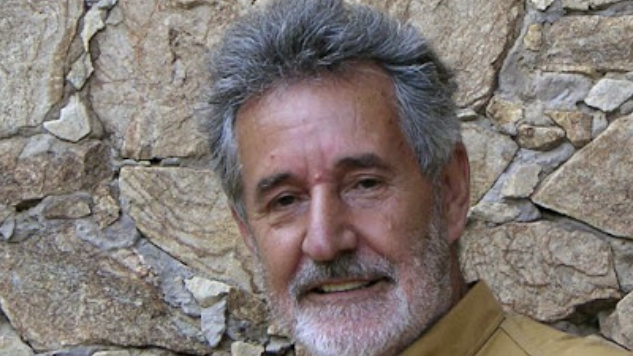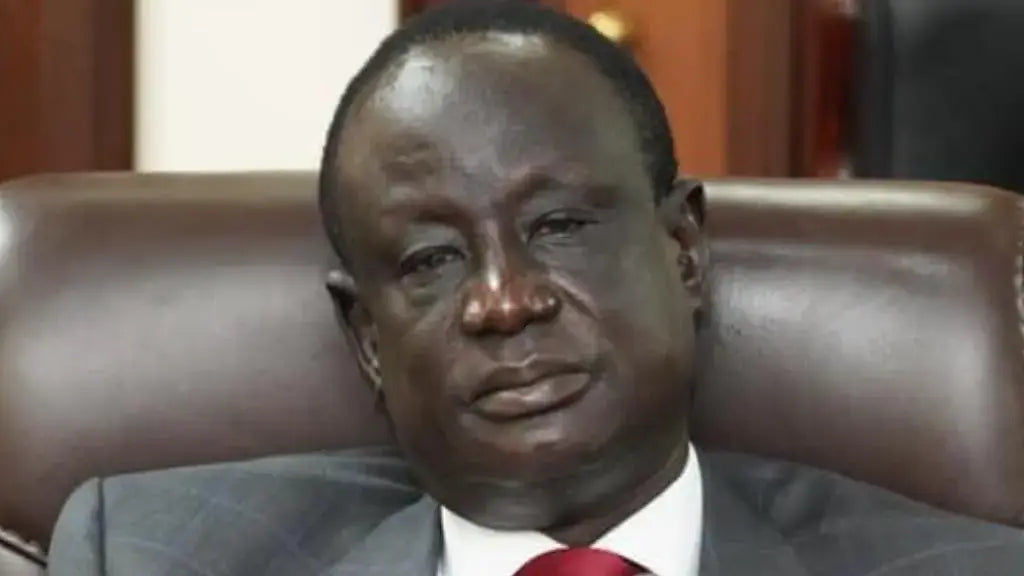
Breyten Breytenbach: South Africa's rebel icon dies at 85
South African writer, poet and painter Breyten Breytenbach, an emblematic figure in the fight against apartheid, died in Paris at the age of 85. A look back at the tumultuous career of a committed artist.
An Afrikaner in exile: art in the service of rebellion
Born on 16 September 1939 in Bonnievale, Cape Province, Breyten Breytenbach grew up in the Afrikaner community. Early on, he stood out for his fierce opposition to the apartheid regime, a rare position among his people. In 1960, he chose exile in France, where he married Yolande Ngo Thi Hoang Lien, a French woman of Vietnamese origin, thereby defying South African laws prohibiting interracial marriage.
Based in Paris, Breytenbach established himself as a major dissident voice. His works, written mainly in Afrikaans, virulently denounced the injustices of the South African regime. His collection of poetry "Die Ysterkoei Moet Sweet" (1964) marked a stylistic and thematic break in Afrikaner literature, addressing taboo subjects with an unprecedented freedom of tone.
Illegal return and imprisonment: the price of commitment
In 1975, despite the risks, Breytenbach returned clandestinely to South Africa under a false identity. His goal: to organize a white resistance against apartheid. But he was quickly arrested and accused of terrorism. Sentenced to nine years in prison, he served seven, two of which in solitary confinement. This prison experience would give rise to his most famous work, "True Confession of an Albino Terrorist" (1984), in which he recounts with poignant lucidity the conditions of his detention and the oppressive mechanisms of the regime.
A multidisciplinary artist: from poetry to painting
Beyond literature, Breytenbach is also an accomplished painter. His works, often surrealist, explore themes of exile, identity and freedom. Exhibited around the world, they bear witness to his relentless quest for meaning and justice. In 2018, an exhibition entitled "The 81 ways of letting go a late self" at the Stevenson Gallery in Cape Town highlighted the evolution of his art and his reflections on ageing and memory.
Legacy and Recognition: A Life Dedicated to Freedom
After his release in 1982, Breytenbach returned to France, where he obtained French citizenship. He continued to write and paint, while teaching at various academic institutions, including the University of Cape Town and New York University. His commitment and talent earned him numerous distinctions, including the prestigious Zbigniew Herbert International Literary Award in 2017.
Breyten Breytenbach leaves behind a prolific body of work and an indelible legacy in the fight against oppression. His passing marks the end of an era, but his rebellious spirit and quest for justice will continue to inspire future generations .



Leave a comment
This site is protected by hCaptcha and the hCaptcha Privacy Policy and Terms of Service apply.